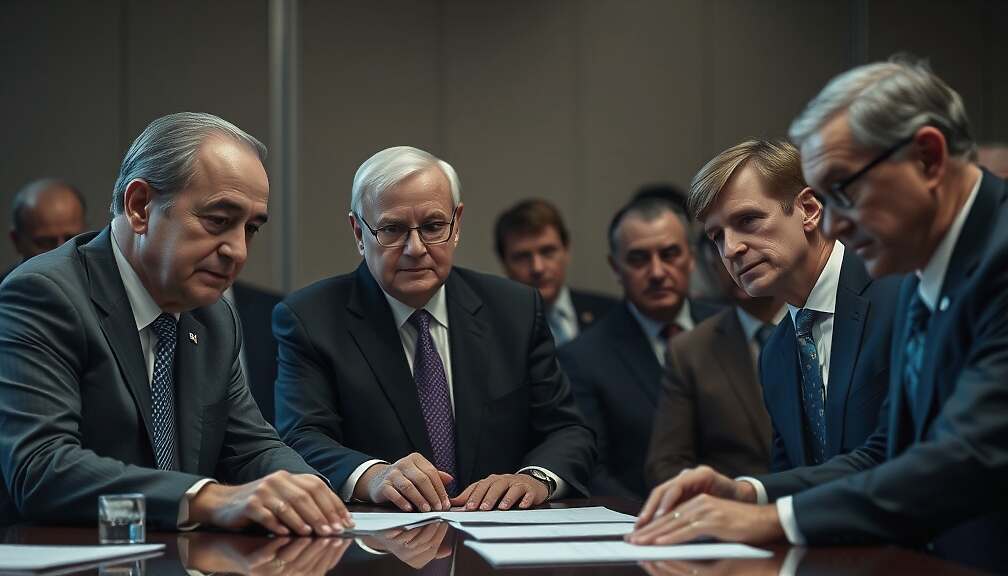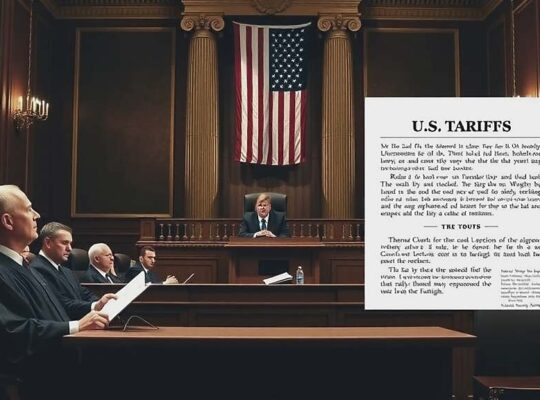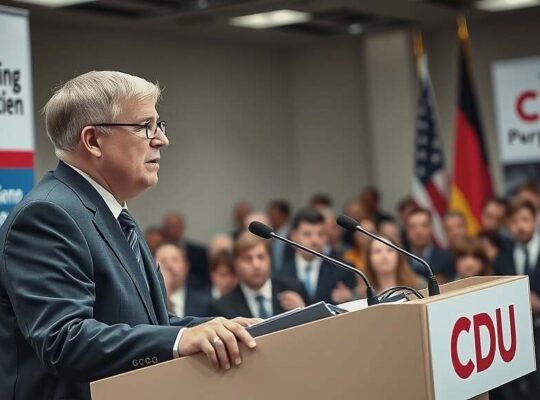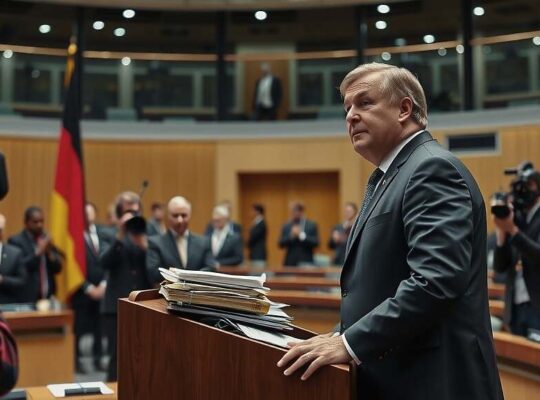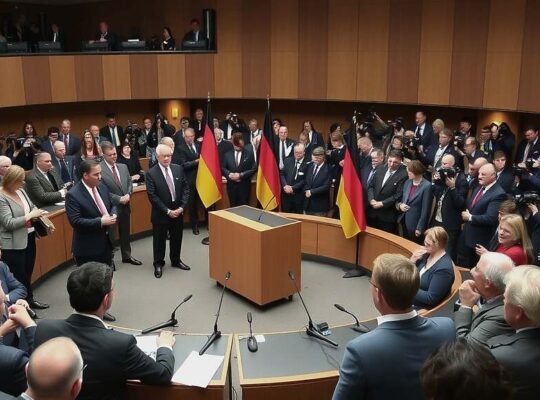The United States’ rejection of a global minimum corporate tax has prompted renewed hope among activists that a United Nations-led agreement can still be reached. The US decision, announced late last week by G7 nations, effectively halts the implementation of the 15 percent minimum tax, a project spearheaded by the Organisation for Economic Co-operation and Development (OECD) in 2021. Critics argue the tax was primarily designed to target US corporations.
Now, discussions are underway in New York regarding a UN-sponsored tax framework convention. Markus Meinzer of the Tax Justice Network suggests these negotiations offer a more transparent process, particularly due to live broadcasting. He also posits that the United Nations possesses greater legitimacy than the OECD, which is often viewed as an organization dominated by wealthy, former colonial states.
Meinzer highlighted the influence of former US President Donald Trump, citing Canada’s withdrawal of a digital services tax on tech companies following pressure from Washington. He emphasized the importance of global unity in countering such influence, suggesting that nations like India, Brazil and South Africa may share more common interests in this area than European tax havens. The unfolding situation is seen by many as a pivotal moment for international tax policy and the potential for a new era of multilateral cooperation.


